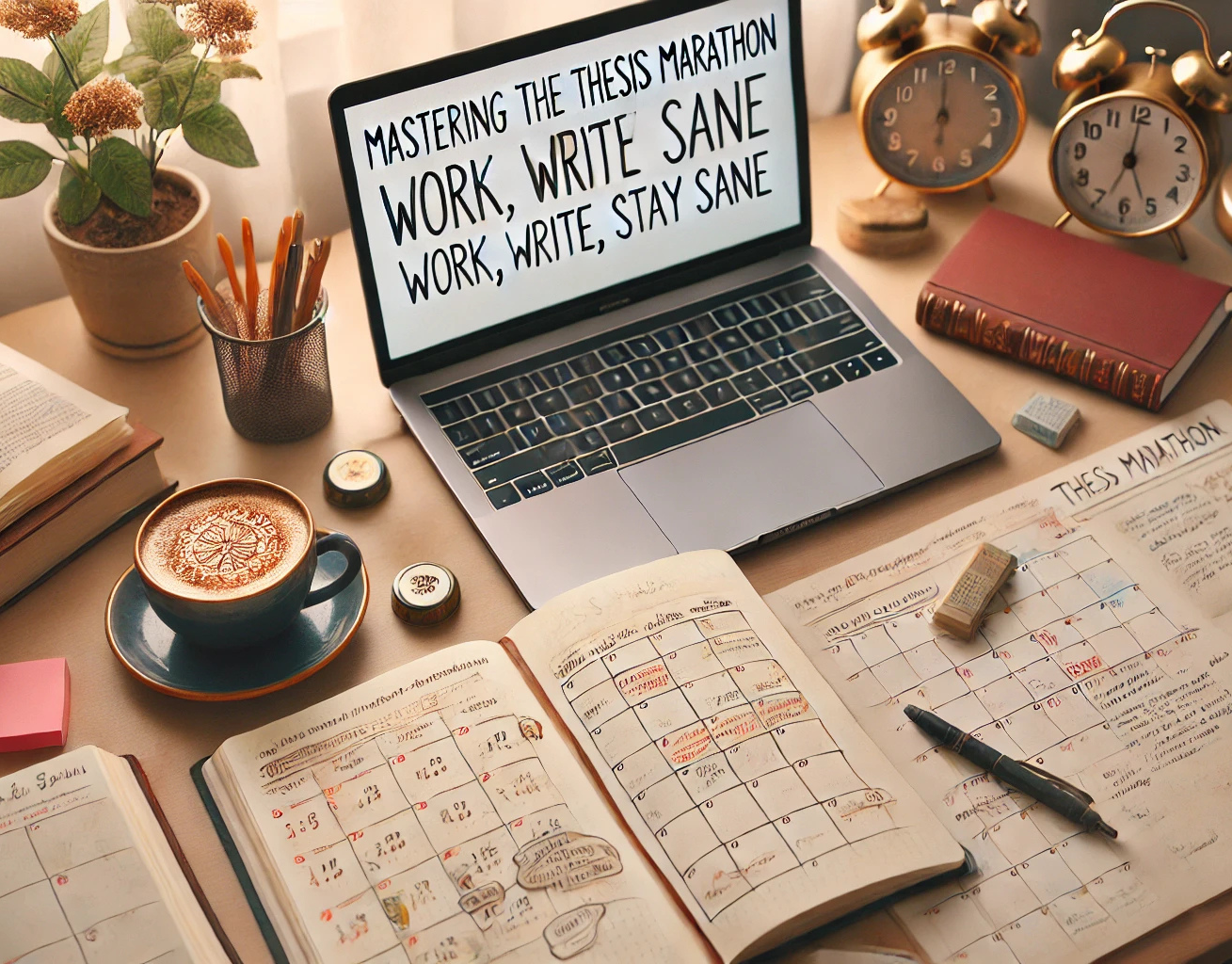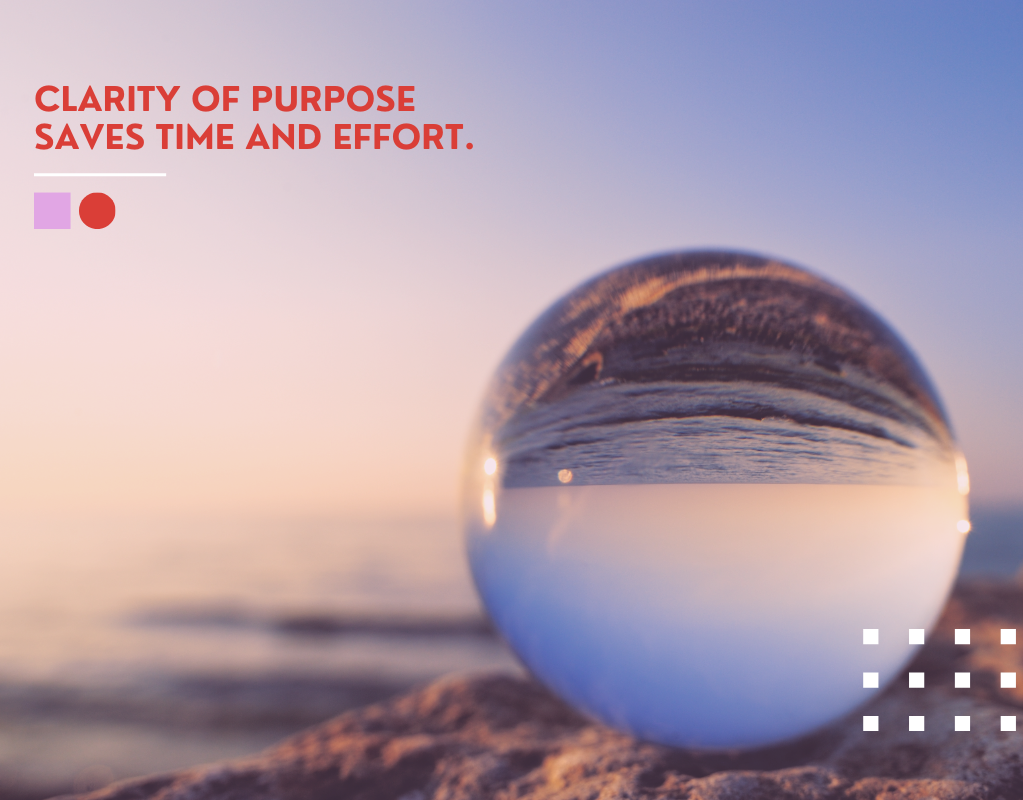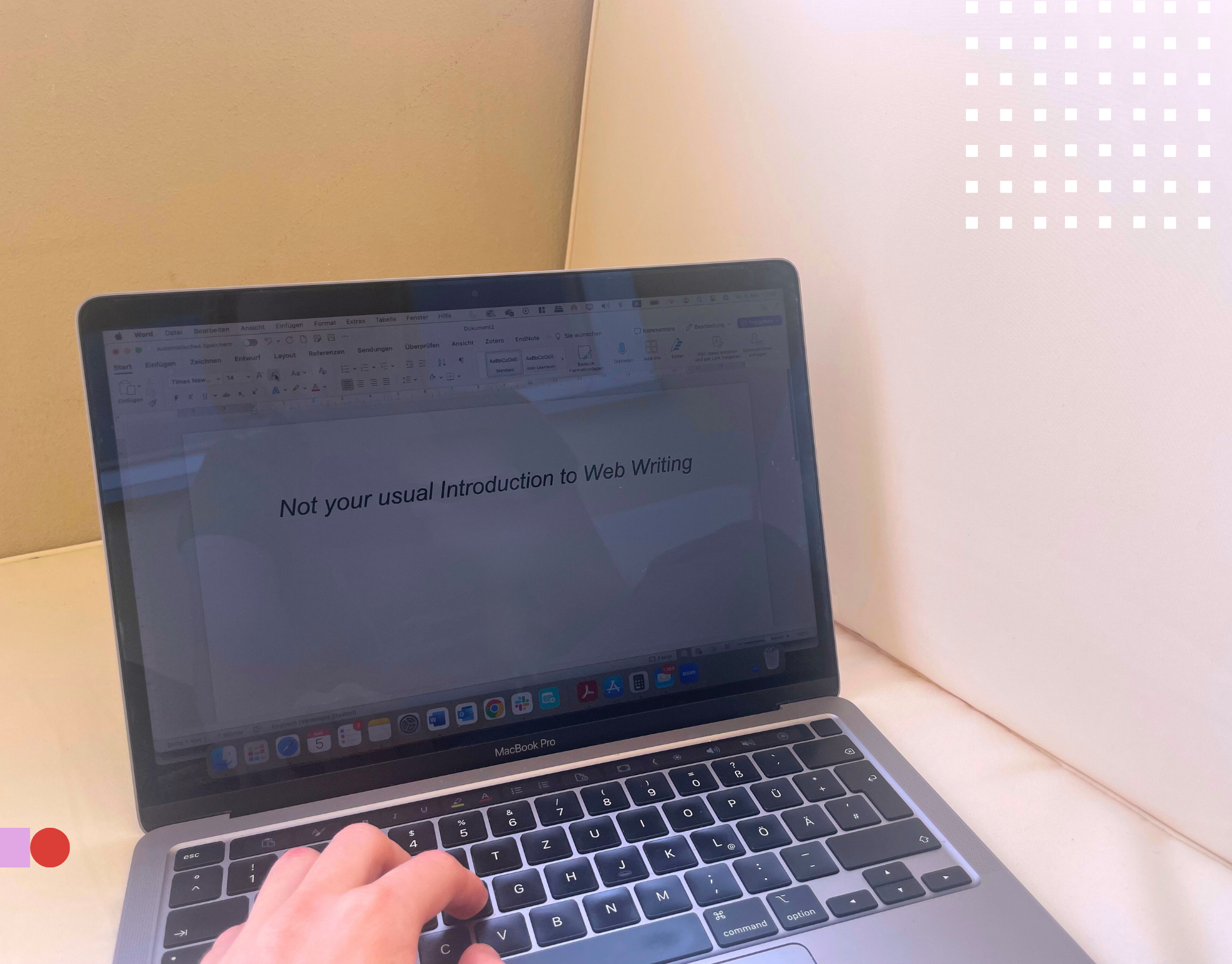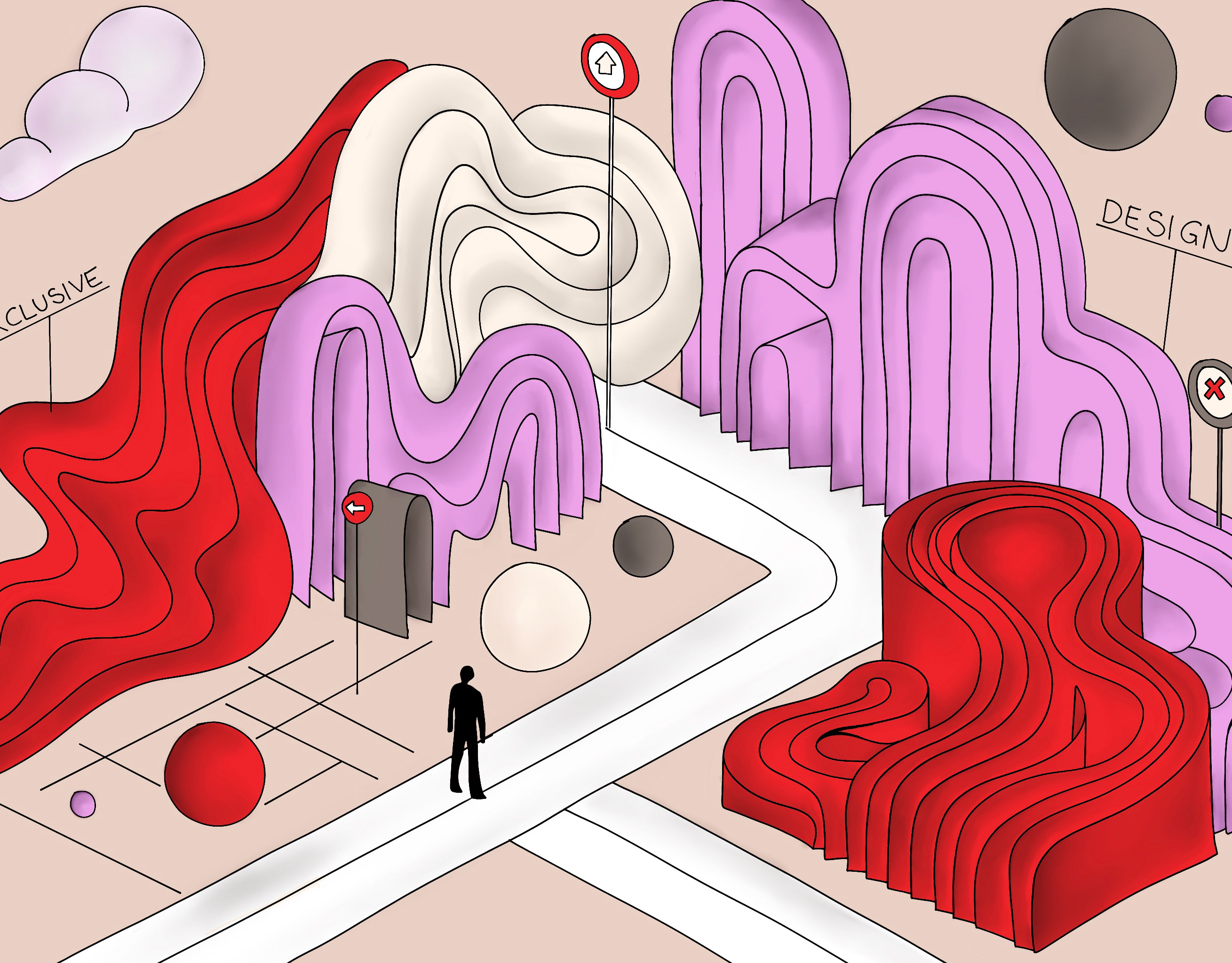From the very beginning, I knew that AI could be more than just a research helper or technical gimmick. I saw its potential as a sparring partner, someone (or something) to structure my thoughts, answer my questions, and help me navigate the chaos that comes with writing a master thesis.
A GPT Who Always Knew What I Meant
Early in the process, I created a custom GPT trained with everything it needed to truly support me: the goal of my thesis, the problem description, relevant context, even the grading criteria and formatting rules. This personalized assistant was my reliable companion throughout the entire journey. It always knew what was going on and that made all the difference.
Instead of starting from scratch in every conversation, I could build on what we had already discussed. My GPT helped me with outlining ideas, breaking down frameworks, drafting progress documentation, and yes, even formulating some actual paragraphs.
Not a Ghostwriter, But a Thinking Partner
Using AI wasn’t about outsourcing the hard parts. It was about gaining clarity when I was stuck. It helped me think better, not less. When my head was full of jumbled ideas, it asked the right questions or offered ways to structure my thoughts. When I doubted myself or didn’t know what to do next, it helped me refocus.
It never replaced my thinking, it made my thinking more visible to me. Sometimes, it helped me recognize gaps. Other times, it confirmed that I was on the right path. And in a process as overwhelming as thesis writing, that reassurance alone was priceless.
Emotional Support, in Two Very Different Ways
I was lucky to have a lot of support during this thesis phase — my friends and my family were always there for me emotionally. They encouraged me, listened to my rants, reminded me to take breaks, and believed in me even when I didn’t. But as much as they tried, they couldn’t really help with the content itself. They didn’t understand the academic context or the specific communication frameworks I was working with, and that’s totally fine.
ChatGPT, on the other hand, offered a very different kind of support. It understood the structure of my thesis, remembered my topic and goals, and could respond to content-related questions in a way no one else around me could. It didn’t just give answers, it asked the right questions back. It helped me reflect more clearly, untangle complex ideas, and stay focused on what mattered most. While my loved ones kept me emotionally grounded, ChatGPT helped me move forward intellectually. That combination made all the difference.
From Survival Mode to Summer Mood
The last two months have been intense. Between a major change process at work and the ongoing demands of my thesis, my calendar was packed and my energy often stretched thin. It wasn’t always easy to balance everything, but somehow, I managed. And I’m genuinely proud of that. Proud that I kept going, that I stayed curious, and that I didn’t give up when things got overwhelming. Now, with only one final exam standing between me and the summer, I’m cautiously optimistic. Hopefully, I’ll soon be able to take a breath, slow down, and enjoy a well-earned pause.









